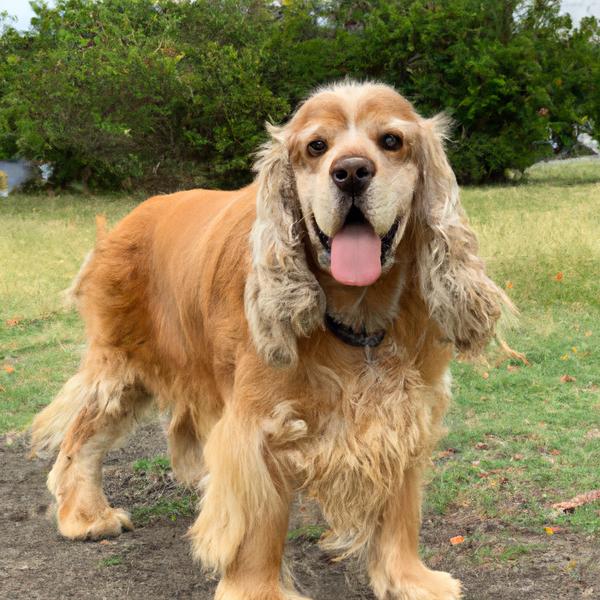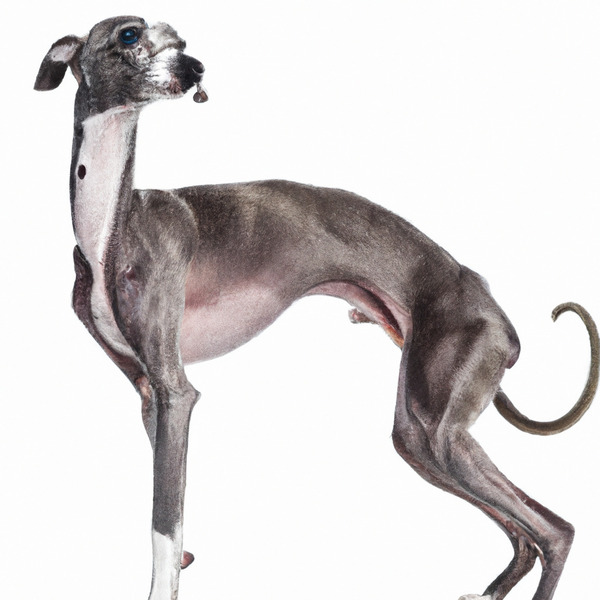Siberian Cocker vs. Italian Greyhound: Breed Differences and Similarities
Hypoallergenic
Are Siberian Cockers or Italian Greyhounds hypoallergenic, or neither?
Unfortunately, the Siberian Cocker is not hypoallergenic, making it not a good choice for a dog lover who suffers from pet allergies.
While no dogs are truly 100% hypoallergenic, Italian Greyhounds are about as close as it gets, making them an ideal pet if you are an allergy sufferer.
Temperament
What are the personalities of Siberian Cocker and Italian Greyhound dogs?
Playful
Alert
Intelligent
Friendly
Outgoing
Affectionate
Gentle
Trainable
Quiet
Faithful
Affectionate
Athletic
Intelligent
Agile
Companionable
Mischievous
Shedding Level
Do Siberian Cockers shed more than Italian Greyhounds, or which breed sheds more, Siberian Cockers or Italian Greyhounds?
Siberian Cockers are heavy shedders, but regular brushing can help manage shedding and promote a healthy coat.
Italian Greyhounds shed very little hair, making them a great choice for those who dislike excess hair in the house.
Watchdog Ability
Which dog breed makes a better watchdog, the Siberian Cocker or Italian Greyhound?
The Siberian Cocker and Italian Greyhound dogs are average watchdogs. If they sense something different, these breeds will alert their owner.
Ancestry
What are the origins of Siberian Cocker and Italian Greyhound breeds?
Siberian Husky, American Cocker Spaniel
Sighthound
Breed recognition
Which kennel clubs recognize/register Siberian Cocker and Italian Greyhound?
ACHC = American Canine Hybrid Club
DRA = Dog Registry of America, Inc.
IDCR = International Designer Canine Registry®
American Canine Registry
American Kennel Club
America's Pet Registry
Canadian Kennel Club
Dog Registry of America Inc.
Federation Cynologique Internationale
Kennel Club of Great Britain
North American Purebred Registry, Inc.
American Canine Association, Inc.
Australian National Kennel Council
Continental Kennel Club
National Kennel Club
New Zealand Kennel Club
United Kennel Club
Date of Birth
When were Siberian Cocker and Italian Greyhound breeds first developed?
Unknown
Ancient Times
Eye Color Possibilites
What are the eye colors of Siberian Cocker and Italian Greyhound dogs?
Blue
Hazel
Brown
Brown
Nose Color Possibilites
What are the natural nose colors of Siberian Cocker and Italian Greyhound?
Black
Black
Brown
Coat Length
What is the typical coat length for Siberian Cocker and Italian Greyhound breeds?
Siberian Cockers are known for their coat length.
Italian Greyhounds have short coats.
Coat Density
What is the density of the coat of Siberian Cocker and Italian Greyhound?
Coat Texture
What is the hair texture of Siberian Cocker and Italian Greyhound?
Straight
Litter Size
What is the usual litter size for Siberian Cocker and Italian Greyhound?
A Siberian Cocker can have a litter of 6-8 puppies on average. However, it's worth noting that the size of the litters can vary greatly. Factors that can influence litter size include the health of the mother, breeding history, and genetics.
An Italian Greyhound can have a litter of 12-15 puppies on average. However, it's worth noting that the size of the litters can vary greatly. Factors that can influence litter size include the health of the mother, breeding history, and genetics.
Adaptability
Siberian Cocker and Italian Greyhounds are known for their adaptability and versatility. They are capable of adapting well to a wide range of lifestyle changes and living environments, making them great companions for families and individuals of all lifestyles.
Health Issues
Between Siberian Cocker and Italian Greyhound, which breed is more prone to health problems?
Siberian Cocker and Italian Greyhound breeds are generally considered to be healthy. However, like all breeds, they are susceptible to certain health issues and it is important to keep an eye out for them and address them with your veterinarian as needed.
Major Concerns
What are the major health concerns for Siberian Cocker and Italian Greyhound breeds?
Ectropion
Cardiomyopathy
Progressive Retinal Atrophy
Cataracts
Liver Disease
Hip Dysplasia
Bladder Stones
Congenital Heart Disease
Phosphofructokinase (PFK) Deficiency
Kidney Stones
Periodontal Disease
Minor Concerns
What minor health issues should be kept in mind when owning Siberian Cocker and Italian Greyhound?
Otitis Externa
Cherry Eye
Allergies
Hypothyroidism
Patellar Luxation
Progressive Retinal Atrophy
Epilepsy
Leg Fractures
Occasional Tests
What occasional tests are recommended for Siberian Cocker and Italian Greyhound breeds?
Full Physical Examination
Blood Sugar and Thyroid Tests
Chest X-rays
Eye and Ear Examination
Free Thyroxine (T4) Levels
Eye
Knee
Skeletal
X-Rays
MRI
Eye Examination
Energy
How do the energy levels of Siberian Cockers and Italian Greyhounds compare?
Siberian Cockers are suitable for those with a balanced lifestyle as they have an average energy level.
Italian Greyhounds' high energy levels make them unsuitable for a low-key dog, choose accordingly.
Social Needs
Siberian Cocker vs Italian Greyhound social needs comparison
Siberian Cocker has above average social needs and thrives with interaction with humans and other dogs.
Italian Greyhound has average social needs and is less independent than other breeds.
Exercise Needed
Siberian Cocker vs Italian Greyhound exercise need comparison.
Siberian Cockers require significant physical activity and suit those with an active lifestyle.
Italian Greyhounds need moderate physical activity and are great for families and active individuals.
Sleeping Need
Which of the two sleeps the most/least: Siberian Cocker or Italian Greyhound?
Siberian Cockers are active and require sufficient sleep to stay healthy.
Italian Greyhounds sleep less than other breeds but still need adequate sleep for good health.
Tendency to Bark
Do Siberian Cockers or Italian Greyhounds bark more/less frequently?
Siberian Cocker and Italian Greyhounds tend to bark moderately, they bark when necessary, such as to alert their owner or to communicate something. They may also bark due to certain triggers like fear, alarm, boredom, greeting, separation anxiety and compulsive barking.
Mouthiness
Mouthiness Comparison: Siberian Cocker vs Italian Greyhound?
Roaming urge
Siberian Cocker vs Labrador: Running away tendency?
Prey Drive
Siberian Cocker or Italian Greyhound - which breed has a higher level of prey drive?
Past times
What are some enjoyable activities and ways to keep Siberian Cocker and Italian Greyhound entertained?
Playing fetch, Fetch, Runnig, Training
Cuddling, Dog Parks, Snuggling, Walk, Run, Frisbee, Fetch, Nose work, Eating Snacks, Running, Racing, Nervous, Going on drives, Growling, Biting
Activity Level
Which breed has higher energy, Siberian Cockers or Italian Greyhounds?
Both Siberian Cocker and Italian Greyhound are medium-energy dogs that enjoy socializing and playing with other dogs. They may engage in casual or sustained games of chase, and occasionally have bursts of barking or racing around the house.
Tolerance of being left alone
Walks per Week
How many miles should Siberian Cocker or Italian Greyhound walk each week?
There's really no limit to how far you walk your dog as long as they're comfortable. For Siberian Cocker, it's at least 8 miles / week. Just remember to build distance and stamina gradually over time.
There's really no limit to how far you walk your dog as long as they're comfortable. For Italian Greyhound, it's at least 6 miles / week. Just remember to build distance and stamina gradually over time.
Activity per Day
Do Siberian Cockers or Italian Greyhounds require more exercise?
Both Siberian Cocker and Italian Greyhound typically require a minimum of 60 minutes of exercise each day. The exercise can be spread throughout the day and may involve high-energy activities like walking, running, and playing.
Grooming
Which breed is easier to maintain in terms of grooming, Siberian Cockers or Italian Greyhounds?
The Siberian Cocker requires an average amount of grooming compared to other breeds.
The Italian Greyhound is a low-maintenance breed that doesn't require much grooming.
Brushing Frequency
What is the recommended brushing frequency for Siberian Cocker and Italian Greyhound dogs?
Siberian Cocker and Italian Greyhound should be brushed at least once a week. Of course, you can give them more frequent brushes if you find that they are still shedding a lot.
Brushing Tools
What brushing tools are used for Siberian Cockers and Italian Greyhounds?
Slicker Brush
Comb
Scissors
Nail Clipper
Slicker Brush
Nail Clipper
Cups
How much food should be given to Siberian Cocker or Italian Greyhound in cups?
For an average 30-40 pound (14 - 18 kg) Siberian Cocker feed 1 cups daily. But, keep in mind, the amount you feed is going to be dependent on the quality of the food you are feeding.
For an average 7-14 pound (3 - 6 kg) Italian Greyhound feed 1.3 cups daily. But, keep in mind, the amount you feed is going to be dependent on the quality of the food you are feeding.
Daily Cost
Which breed has a higher daily cost, Siberian Cocker or Italian Greyhound?
The average cost of a Siberian Cocker is somewhere $1.30 - $1.40 per day.
The average cost of an Italian Greyhound is somewhere $1.40 - $1.70 per day.
Monthly Cost
Which breed has a higher monthly cost, Siberian Cocker or Italian Greyhound?
The average per month expenses of a Siberian Cocker is between $42 - $42. This makes an average of $504 - $504 per year. It will be on the higher side when the dog is still small because it will need more frequent visits to the vet, shots.
The average per month expenses of an Italian Greyhound is between $42 - $53. This makes an average of $504 - $636 per year. It will be on the higher side when the dog is still small because it will need more frequent visits to the vet, shots.
Intelligence
Comparing Intelligence: Siberian Cockers vs Italian Greyhounds
Siberian Cocker is a very intelligent and trainable breed.
Italian Greyhound has below average obedience intelligence, but they excel in understanding human emotions.
Sensitivity Level
How do Siberian Cocker and Italian Greyhound compare in sensitivity?
These dog breeds are particularly attuned to its environment and the emotions of those around it. Siberian Cocker and Italian Greyhound can be easily overwhelmed by loud noises, new environments, unfamiliar people, or animals. This dog breed is best suited for individuals or families who are patient, gentle, and understanding of its sensitive nature. It may also benefit from a calm and stable home environment, with a consistent routine and plenty of positive reinforcement training.
Affection Dependance
Which is the more affectionate dog breed: Siberian Cocker vs Italian Greyhound?
Apartment Friendly
Which breed is more apartment-friendly: Siberian Cocker or Italian Greyhound?
The Siberian Cocker is a great apartment dog, thriving with sufficient exercise and time outside as part of their daily routine.
Italian Greyhounds are good apartment dogs as long as they get enough exercise and stimulation outside of the apartment.
Child Friendly
Do Siberian Cockers or Italian Greyhounds have a friendlier temperament towards children?
Siberian Cockers make excellent family pets for kids due to their gentle, protective nature and calm temperament.
Italian Greyhounds are not suitable for children.
Senior-friendly
Which dog is more suitable as a pet for the elderly - Siberian Cocker or Italian Greyhound?
Cat Friendly
Do Siberian Cocker or Italian Greyhound breeds have a better compatibility with cats?
Siberian Cockers and Italian Greyhounds are an average cat friendly dog. They do well with cats, even more if raised together from puppyhood.
Dog Friendly
Which breed is more sociable with other dogs: Siberian Cocker or Italian Greyhound?
Siberian Cockers are generally very friendly towards other dogs, with a happy and affectionate temperament.
Italian Greyhounds are average in their friendliness towards other dogs, and socialization can help.
Pet friendly
How do Siberian Cocker or Italian Greyhound dogs interact with other pets?
Stranger Friendly
Which breed is more friendly with strangers: Siberian Cocker or Italian Greyhound?
Siberian Cocker and Italian Greyhound are average friendly around strangers. They can be wary around strangers and a little standoffish, so early socialization is key to ensure they are comfortable around new people.
Playfulness
Which breed is more playful between Siberian Cocker and Italian Greyhound?
Siberian Cockers are a playful breed that needs daily playtime to be happy.
Italian Greyhounds have an average level of playfulness, enjoying playtime like most dogs but not excessively so.
Trainability
How do the trainability levels of Siberian Cockers and Italian Greyhounds compare?
Siberian Cocker and Italian Greyhound dogs are usually easy to train, but may require consistency to fully obey commands.
Compare Siberian Cocker with other breeds
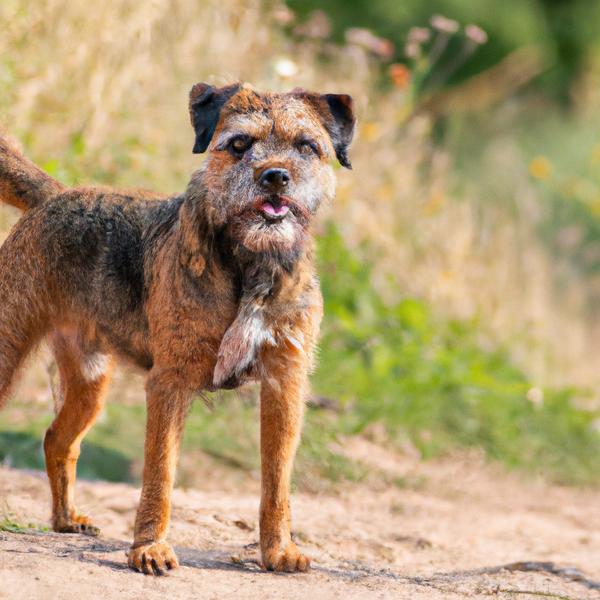
Border Terrier
Siberian Cocker vs Border Terrier
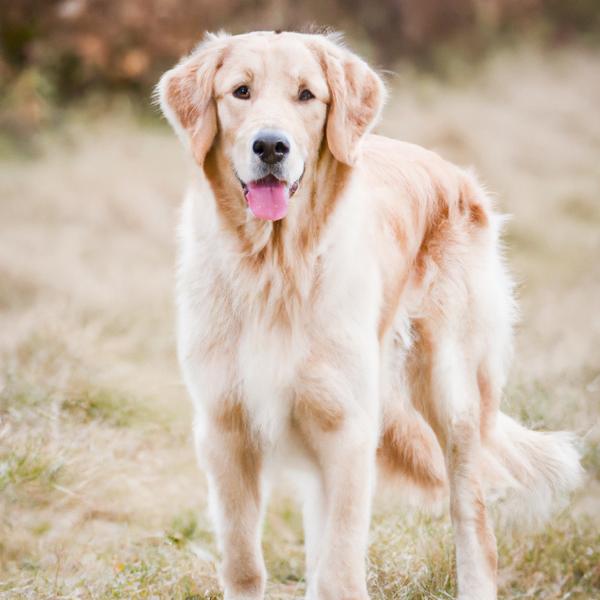
Golden Border Retriever
Siberian Cocker vs Golden Border Retriever
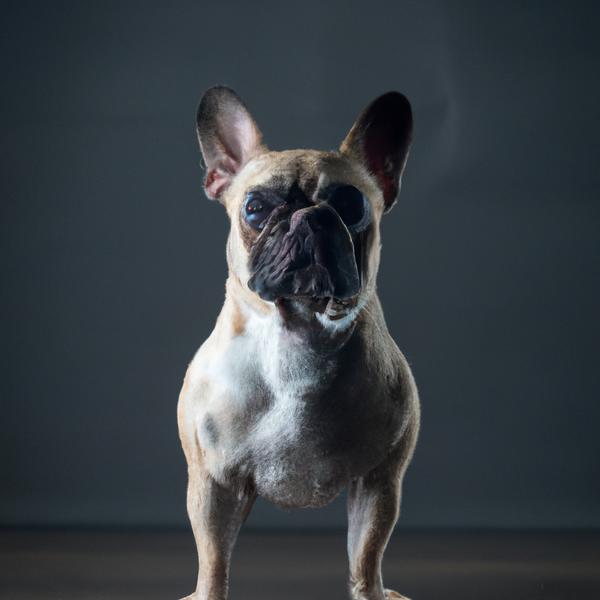
French Pin
Siberian Cocker vs French Pin
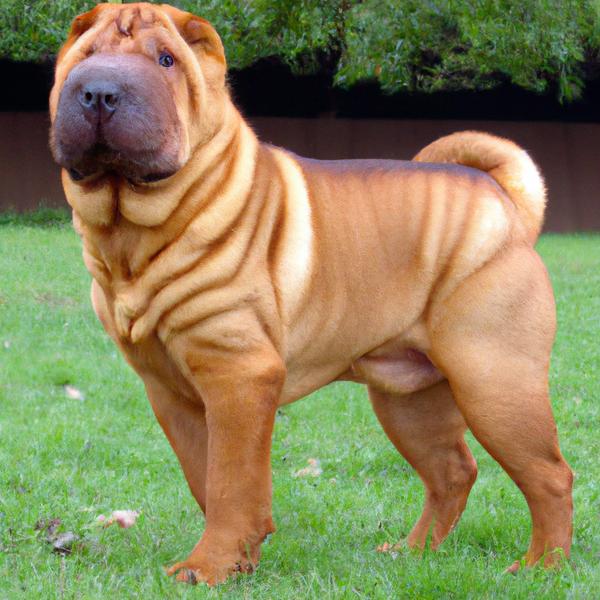
Ori Pei
Siberian Cocker vs Ori Pei
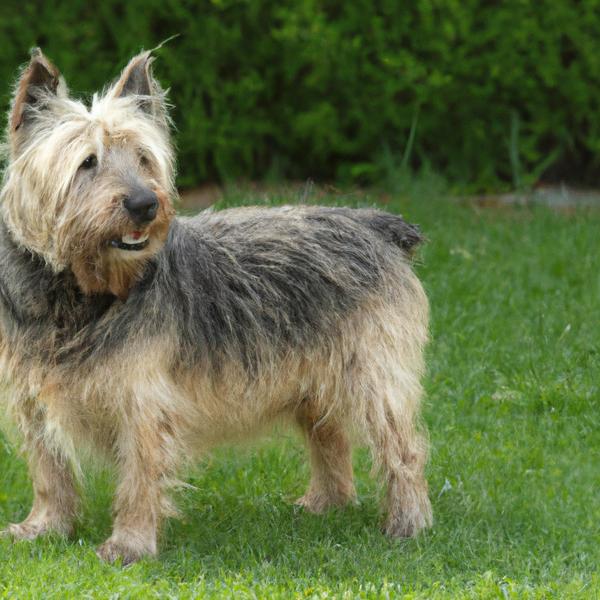
West Australian Terrier
Siberian Cocker vs West Australian Terrier
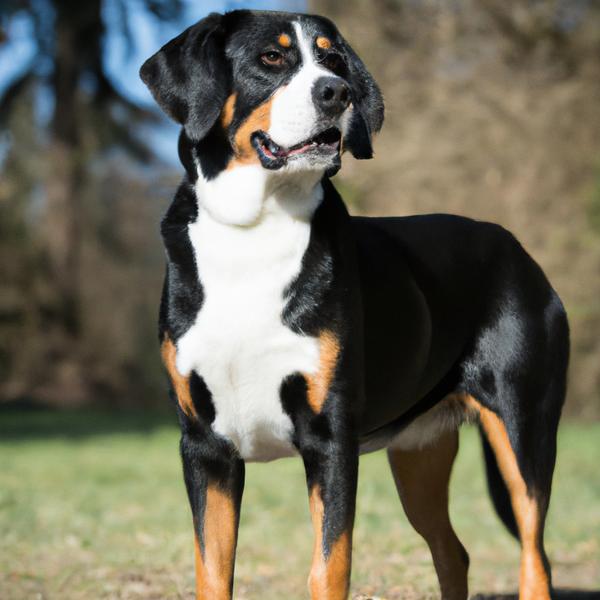
Greater Swiss Mountain
Siberian Cocker vs Greater Swiss Mountain
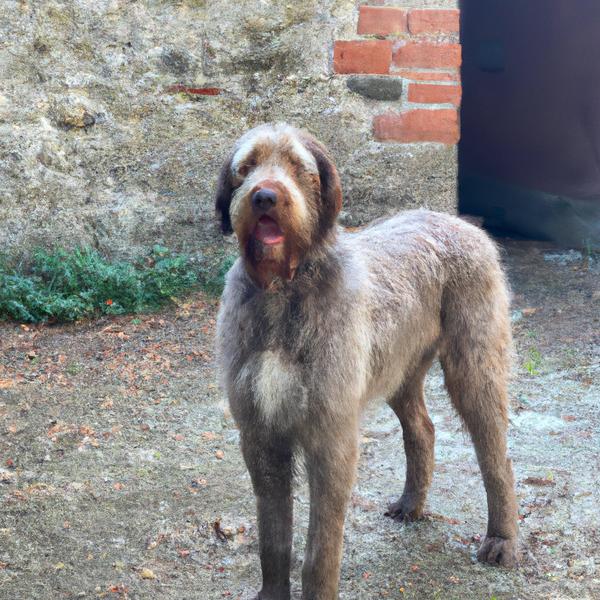
Spinone Italiano
Siberian Cocker vs Spinone Italiano
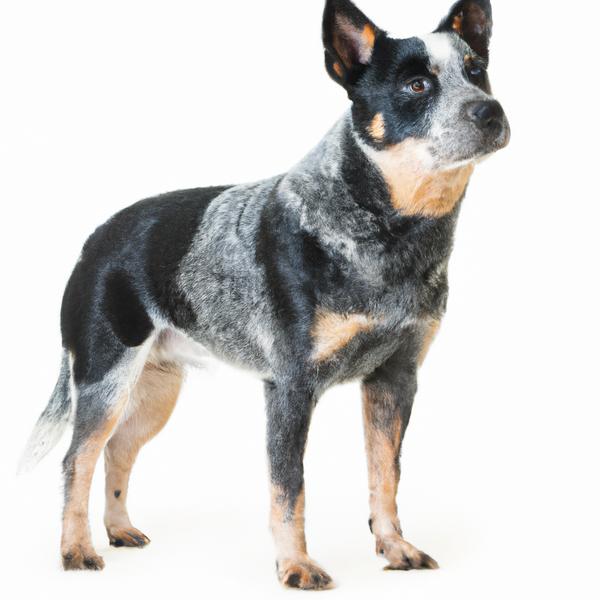
Blue-Tzu Heeler
Siberian Cocker vs Blue-Tzu Heeler
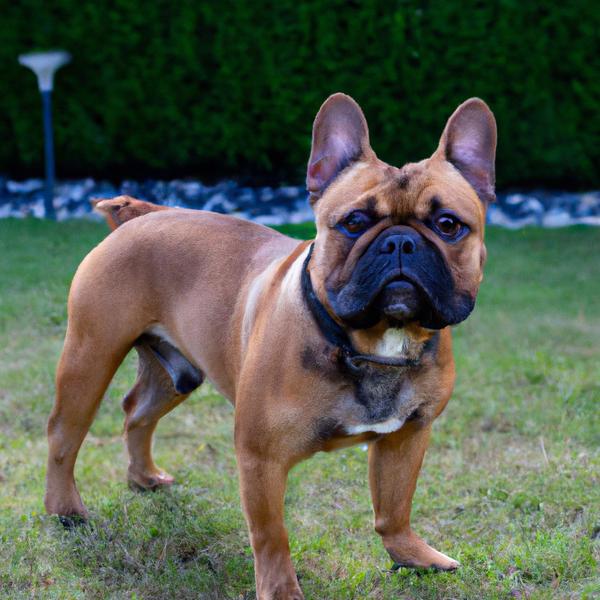
French Masti-Bull
Siberian Cocker vs French Masti-Bull
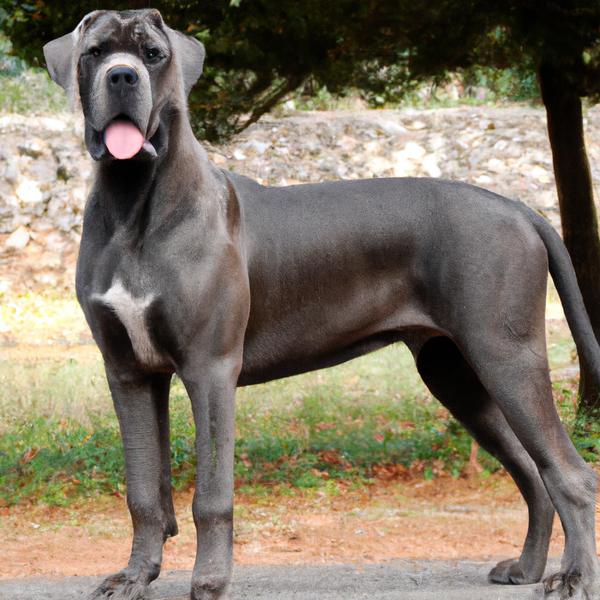
Presa Dane
Siberian Cocker vs Presa Dane
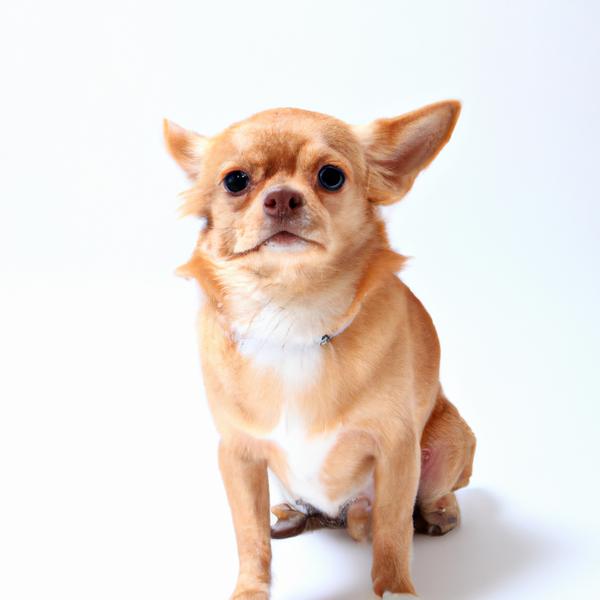
Chi-Chi
Siberian Cocker vs Chi-Chi
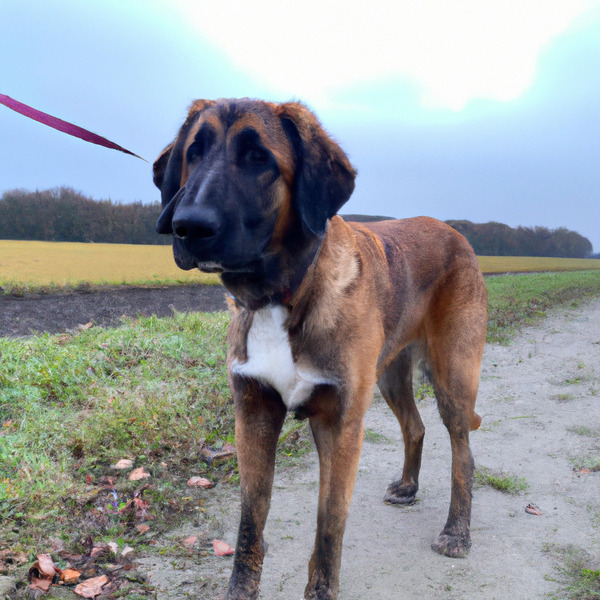
Dutch Smoushond
Siberian Cocker vs Dutch Smoushond
